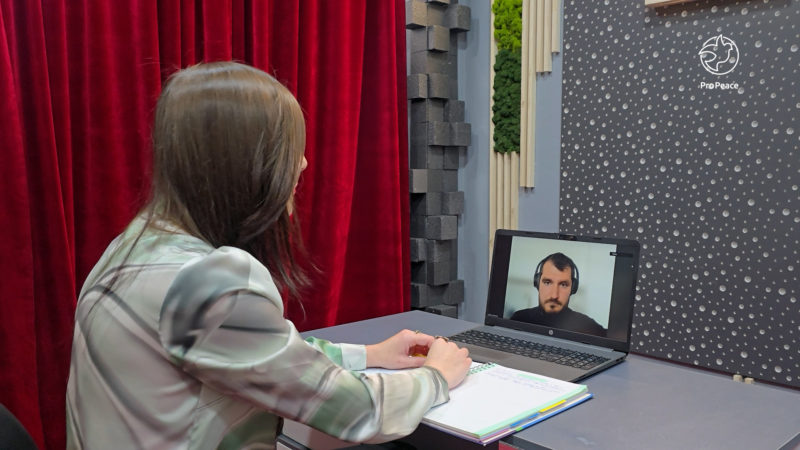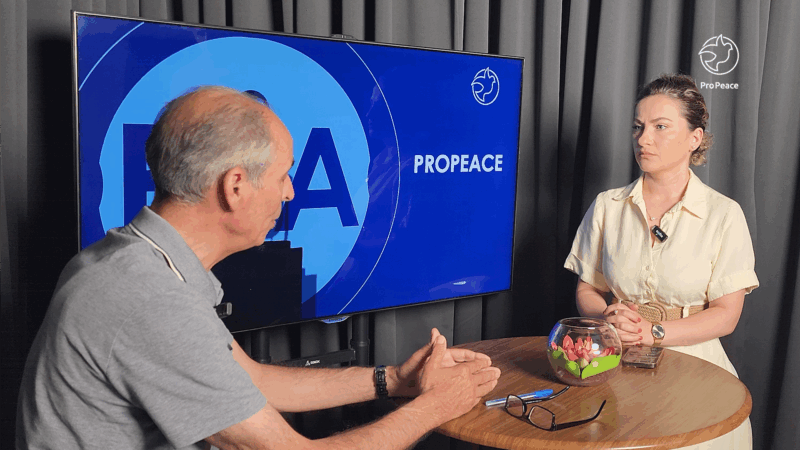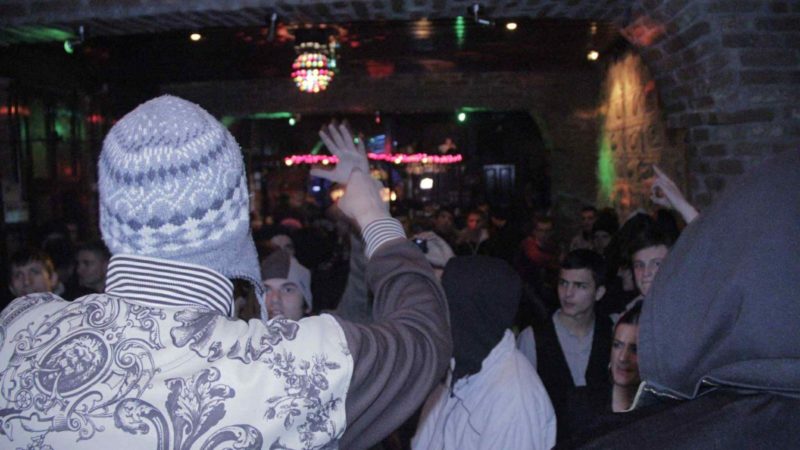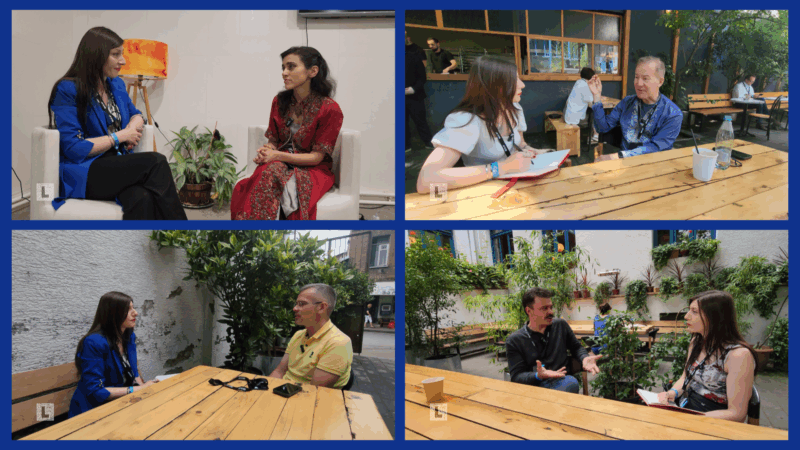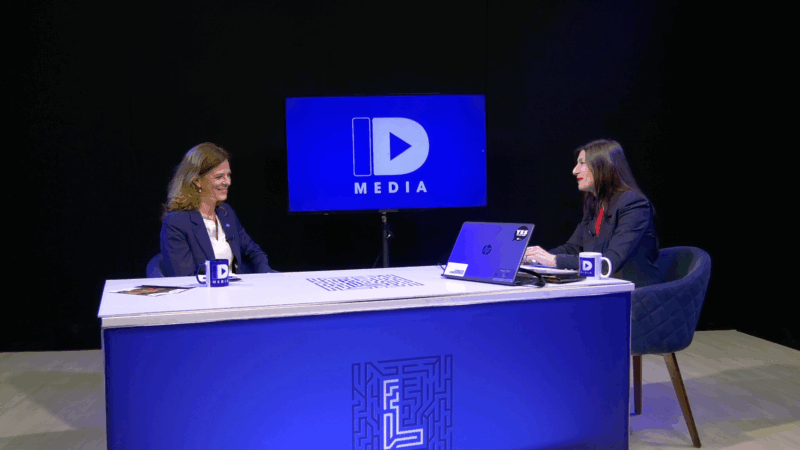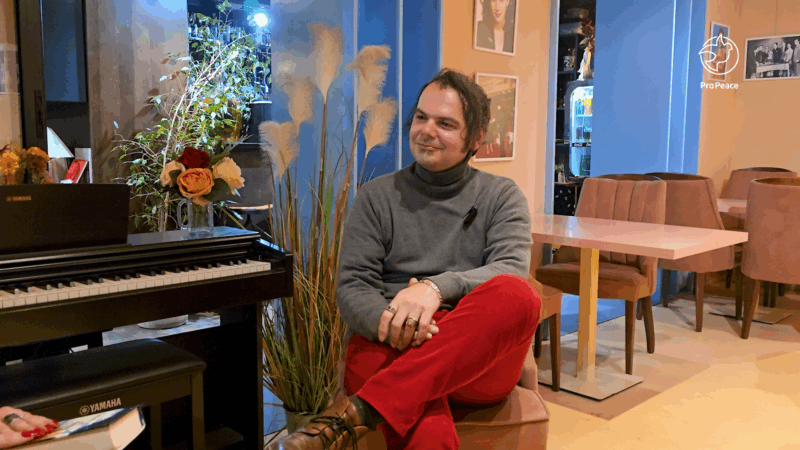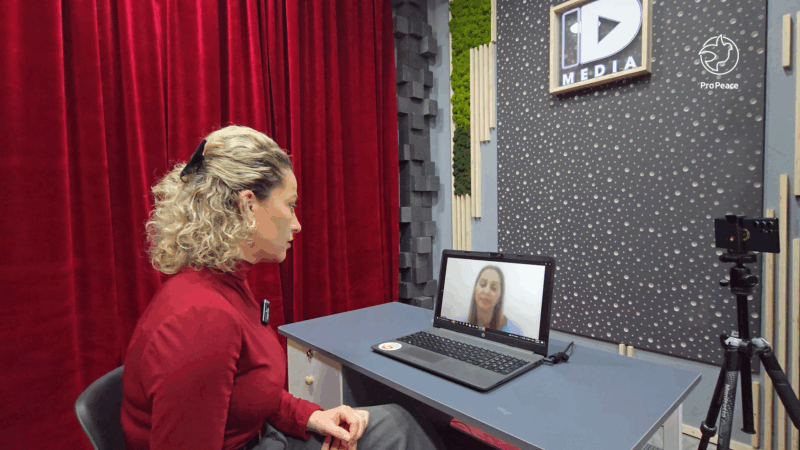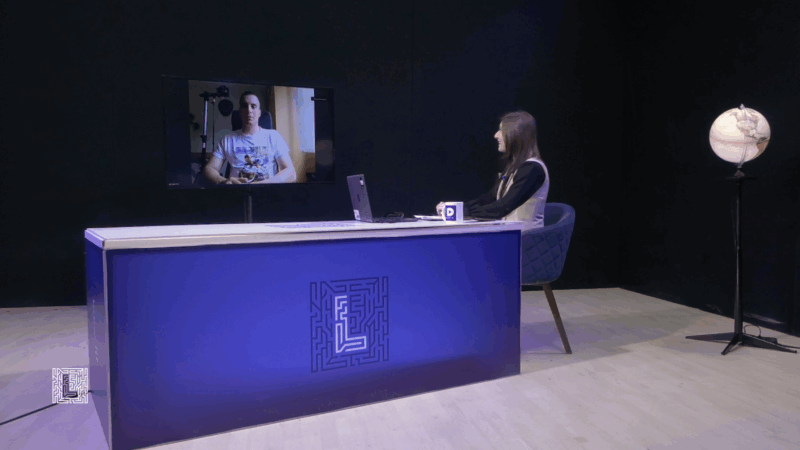vane
Amnesties and Transitional Justice in North Macedonia – Reconciliation or Evasion?
In this episode, we dive into a topic with deep historical and political weight — the Law on Amnesty and its impact on transitional justice processes in North Macedonia. We explore how amnesty has been used in the past, what it aims to achieve, and whether it truly contributes to social reconciliation — or simply covers up injustices.
Is amnesty a step toward justice — or a detour away from it?
A conversation that challenges official narratives and sheds light on the role of the state, victims, and justice in a society striving to heal past wounds without forgetting them.
Чаир ја враќа урбаната култура со концертот „Shkupi on its Finest“( Скопје во најдобро светло)
 Скопје, 20 јуни 2025 – Во срцето на Чаир, таму каде што со децении чука срцето на урбаната култура, се враќа со нова енергија значаен културен настан: хип-хоп концертот „Shkupi on its Finest“. Настанот ќе се одржи на 28 јуни 2025 годинаво 13:00 часот, во јавните простори на парковите во Чаир, враќајќи ја повторно оваа населба во епицентар на младинскиот уметнички израз и афирмираните артисти.
Скопје, 20 јуни 2025 – Во срцето на Чаир, таму каде што со децении чука срцето на урбаната култура, се враќа со нова енергија значаен културен настан: хип-хоп концертот „Shkupi on its Finest“. Настанот ќе се одржи на 28 јуни 2025 годинаво 13:00 часот, во јавните простори на парковите во Чаир, враќајќи ја повторно оваа населба во епицентар на младинскиот уметнички израз и афирмираните артисти.
Концертот се организира со поддршка на Министерството за култура и туризам, со цел промовирање и понатамошен развој на хип-хоп културата во земјата. Идеен творец и една од клучните фигури на настанот е Урим Етеми, познат на музичката сцена под уметничкото име Ummet, кој во соработка со неколку реномирани артисти со долгогодишен придонес, носи автентичен и носталгичен дух на сцената.
„Интересот за реализација на ваков манифест постои одамна. Сега кога се појави можноста, нема да двоумиме да го направиме на најдобар можен начин“, – изјави Ummet за медиумите.
Концертот е замислен како симболично враќање во 90-тите години, кога младите во Скопје ги поставија темелите на хип-хоп културата – на улиците, во парковите и маалата. Настанот се очекува да собере бројна публика и љубители на оваа култура, нудејќи сцена и простор за новата генерација артисти.
Организаторите упатуваат покана до целата јавност да биде дел од овој уникатен културен манифест, кој не само што ги оддава почит на корените на хип-хопот во Скопје, туку и отвора нова страница во неговата современа историја.
Analyses of conflict zones and experiences from war hotspots
A series of interviews about crisis areas and personal experiences of journalists and humanitarians - Sееma Jilani, Michael Bociurkiw, Adelin Pertisor and Giorgi Dolidze in this Labyrinth.
This week, Labyrinth in Tbilisi at one of the biggest journalism events - the ZEG Festival. We had the opportunity to talk to journalists from all over the world about the current situation in their countries. We present you a series of interviews about the countries that are currently in the global focus.
We spoke with one of the keynote speakers at the event, a doctor who has dedicated her life to treating children in the most vulnerable places in the world, Seema Jilani. We talked about the great humanitarian catastrophe unfolding before our eyes, the Gaza Strip, and how we can help people cut off from all help. Seema also shared her personal experience of what it feels like to treat her own child injured in an explosion in Beirut.
The war in Ukraine is still raging, and since the coming to power of US President Donald Trump, Russian attacks on the Ukrainian capital seem to have increased. Meanwhile, in the Middle East, Israel and Iran are fiercely attacking each other. We talk about the situation in Ukraine and the current hot spots in the Middle East with Atlantic Council analyst Michael Bociurkiw, who regularly analyzes for CNN and other global media.
At the event, we also had the opportunity to talk with our colleague Adelin Pertisor from the Romanian public service, who is one of the most experienced war reporters. He reported on wars in the Middle East, Africa, as well as the Balkan conflicts and had the opportunity to interview a large number of leaders, but also some notorious militants such as Željko Ražnjatović - Arkan. Of course, we also talked about the situation in Romania after the annulled elections when the Constitutional Court recognized Russian influence in the electoral process.
Since Georgia got a new pro-Russian President who imposed a series of undemocratic laws, Georgians have been protesting every day. Media freedom and civil society are under attack, and journalists and citizens are facing prison sentences. We talk to Georgian colleague Giorgi Dolidze about what is happening in his country.
Watch the full episode.
Democracy should rely on active and organized citizens – says Ambassador Hulman
Interview with the Ambassador of Switzerland, Veronique Hulmann
Macedonian-Swiss friendship has lasted for more than 30 years, says the Ambassador of Switzerland, Veronique Hulmann, in a guest appearance at Labyrinth. We discussed the new cooperation program launched by the Embassy of Switzerland, as well as the experience with Macedonian institutions so far. We discussed the three areas in which Switzerland helps North Macedonia, democracy, economic development and the environment, and we asked the Ambassador what her favorite place for hiking in the country is.
Watch the full interview.
Knowledge in different cultures and languages is the key stone in the peace building process
Interview with the polyglot Elvi Sidheri
In this episode of transitional justice we speak about the influence of the culture and its role on the process of reconciliation. What is the advantage of knowing different cultures or different languages? On these topics we talk with the polyglot Elvi Sidheri who speaks 15 different languages. Born in Tirana, currently lives in Prishtina and speaks every Balkan language. He has written several books and translated many big writers. These are his views on the topic and his personal story.
WITHOUT A SINGLE TV CONFRONTATION WITH OPPONENTS - EDDI RAMA REMAINS PRIME MINISTER
Interview with journalist Ardit Hoxha
Albanian Prime Minister Edi Rama has won a fourth term in parliamentary elections and remains at the head of the Albanian government. Journalists in Albania say the victory was expected, but what is unexpected is the number of parliamentary seats won. Albania has received the green light to open negotiations for EU accession, but on the other hand, Rama has been dogged by numerous corruption scandals in the past period. We talk about the election result and expectations from the old and new government with Euronews Albania journalist Ardit Hoxha.
Watch the full episode.
Analysis of the first 100 days of Trump's rule - How to achieve fair elections in Serbia
Reporting by Jalyssa Dugrot from the USA and an interview with the leader of the New Democratic Party, Miloš Jovanović.
It's been 100 days since Trump took office, and he's already facing protests across America. Increased tariffs on a wide range of countries, controversial immigration policies and an inability to end the war in Ukraine are some of the policies that have marked the first 100 days of Trump's presidency. Tariffs on neighboring Canada have brought down Trudeau's government, and Canadians have elected former Federal Reserve Governor Mark Carney as their new prime minister to deal with the economic crisis. We talk to Florida-based reporter Jalyssa Dugrot about these topics.
In this episode, we also share an interview with the leader of the New Democratic Party of Serbia, Miloš Jovanović, which we conducted at the protests in Niš. Jovanović is also a member of the Serbian Parliament and a supporter of the protests. We discussed the current situation in Serbia, possible solutions for how to achieve fair elections, and potential coalitions in the next election cycle.
Watch the full show.
Facing the Past: Healing and Reconciliation in the Balkans
The Balkans remain a region marked by a painful history of wars, conflicts, and ethnic divisions. In this conversation, we explored the psychological and social consequences of these events, and how societies can or should engage with their past to build a peaceful future. We discussed transitional justice, the importance of remembrance versus intentional forgetting, the role of forgiveness, and the challenges of interethnic dialogue. Questions were raised about how communities can heal, how individuals confront trauma, and whether reconciliation efforts—both local and international—can foster trust and collective identity after conflict.
Serbian students' message reaches the Parliament in Strasbourg
A conversation with one of the cyclists who rode 1500 kilometers
The cyclists who rode across half of Europe to deliver a message to the European Parliament in Strasbourg have returned home. Another spectacular welcome was organized for them in Novi Sad, after those that took place in major European cities. In this Labyrinth, we include Veljko from the Technical Faculty in Novi Sad to tell us about the message that was delivered to the MEPs and to share with us their experiences from the long journey. The next great feat of the Serbian students will be a run to Brussels.
Latest news
- THE TESTIMONIES OF THE VICTIMS ARE AN IMPORTANT BASE FOR BUILDING BRIDGES AFTER 2001
- Amnesties and Transitional Justice in North Macedonia – Reconciliation or Evasion?
- Чаир ја враќа урбаната култура со концертот „Shkupi on its Finest“( Скопје во најдобро светло)
- Analyses of conflict zones and experiences from war hotspots
- Democracy should rely on active and organized citizens – says Ambassador Hulman

